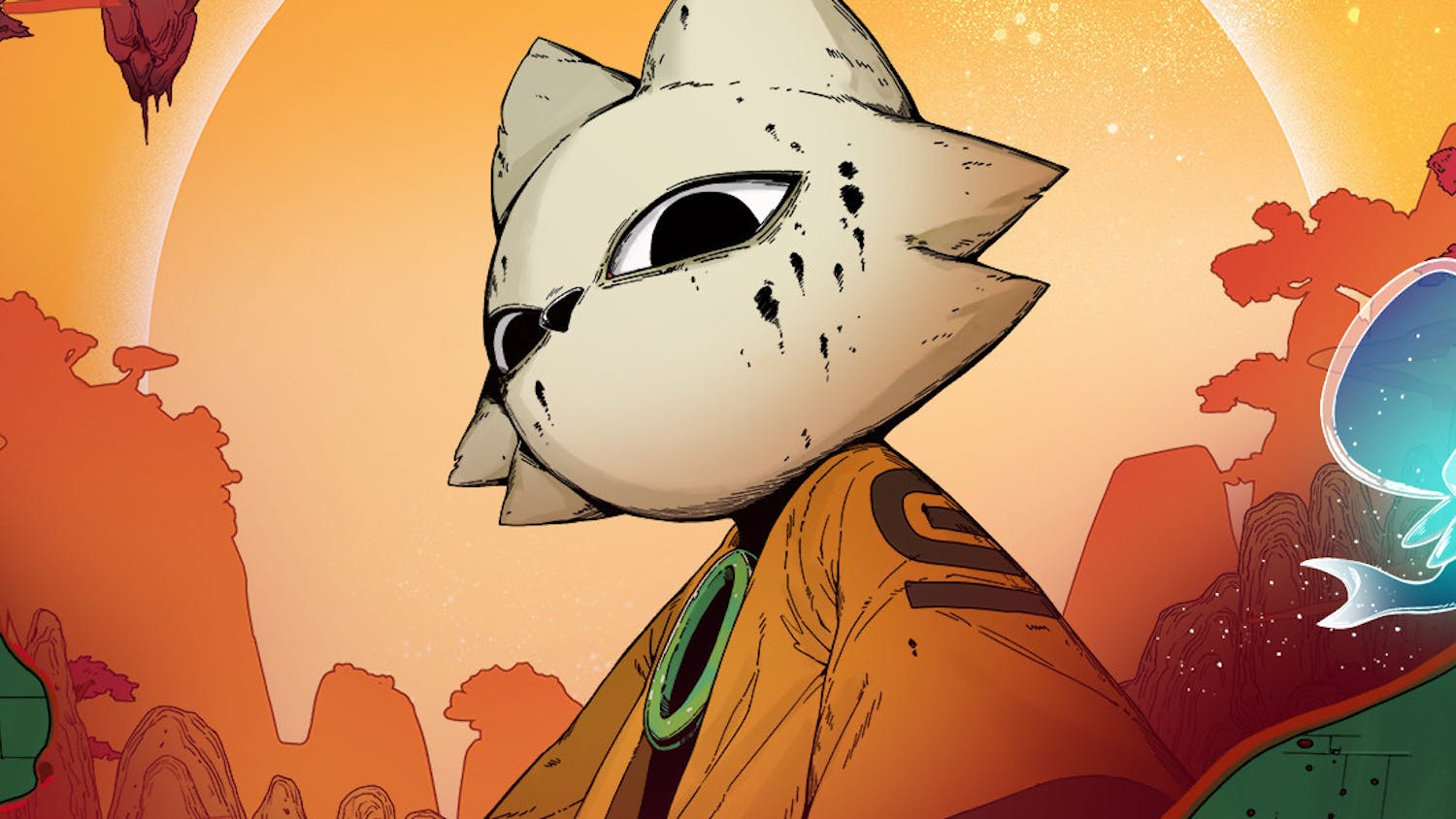Last year “The Walking Dead” by Telltale Games launched to nearly universal acclaim, garnering many game-of-the-year awards in the process. This effusive praise was warranted, the title belongs in the upper echelon of video-game storytelling. Although I have lukewarm feelings on the game as a whole, this column isn’t meant to be a review.
Instead, I pondered this week how the story would change were the main character, Lee Everett, a woman instead of an African-American man. Let’s call this new protagonist Lynn and discuss the distinct changes this gender swap would have on the story as a whole.
With a predominantly young, male audience, most video games tastefully (sarcasm) depict females as over-sexualized ass-kickers to eliminate the sense of disconnect that could otherwise exist for players. Is this warped persona necessary though?
It certainly shouldn’t be, but it’s probably easier for tween bros to relate to a woman disemboweling shambling zombies onscreen than one who has to deal with distinctly female problems like pregnancy or periods.
I don’t present these stereotypical female issues to sound ignorant, nor am I saying that females can’t be badasses. I just find it bothersome to blatantly disregard their differences and essentially make them dudes with boobs. Were Lynn to traverse the same path as Lee, there are a multitude of issues that a story-based game like “The Walking Dead” could integrate.
First is the completely different dynamic that could form between Lynn and Clementine. Lee served as a father figure to Clementine and his fierce protection offered a powerful lens for players to become invested in their relationship. Lynn would be equally as protective, but Clementine may feel far more comfortable with her than Lee.
Although Clementine may be too young, the idea of puberty is an issue that seems simplistic and contrived, but realistically is something video games just don’t touch on. There is ample fodder for the game to examine in this arena and Lynn would provide a far easier lens through which to examine the careful steps to adulthood.
Additionally, small scenes like when Lee cuts Clementine’s hair would bear a far different tone. Instead of Lee’s shear job, which Edward Scissorhands would cringe at, Lynn’s understanding that perception is powerfully important for women even when the audience is mostly shambling ungrateful hunks of meat (How is that any different from now? Zing!), could create a quiet, yet effective emotional tone that most video games steer clear from in favor of going “Boom.”
Less interesting, but probably prevalent, would also be a basic power struggle and lack of respect Lynn would receive from the group as its leader. I’m not an expert but it seems like hypothetical apocalypses are extremely adept at bringing out the alpha-dog mentality in most men.
Questioned leadership is about as compelling as the boring bigoted conflicts stemming from Larry’s idiocy, but hopefully Telltale would make this less about gender and more about player decisions. This may seem counter to my above argument, but storytellers need to understand when specific gender issues can make a scene more emotionally affecting and when gender definitions should take a backseat to basic personal conflict.
Gamers made lots of hullabaloo last year after an executive producer on the upcoming “Tomb Raider” reboot said players will want to “protect her” referring to the main character Lara Croft. This statement is counterintuitive to everything games should be doing with female characters.
Never have I thought how much I want to protect my character outside of the sheer frustration of having to repeat a level. Saying the main character must be protected demeans women and destroys immersion by not allowing players to focus on protecting the companions they have bonded with, an area where “The Walking Dead” excels.
Female characters can handle themselves, but they do offer unique opportunities that most of the deer-antler inhaling, testosterone-fueled male characters don’t. These intricacies are far more interesting to me than a woman who is defined by her impressive agility or prowess for impromptu zombie brain surgery.
Had Lee instead been Lynn, would “The Walking Dead” have received hyperbolic praise for its handling of a female protagonist? Probably, but I imagine Lynn would have been handled far differently than the idealistic game envisioned above. I don’t see these elements being integrated anytime soon, but of any franchise, “The Walking Dead” is probably the best suited to do so.
Do you want to see more female leads in video games? Shoot Adam an email at aparis@wisc.edu





